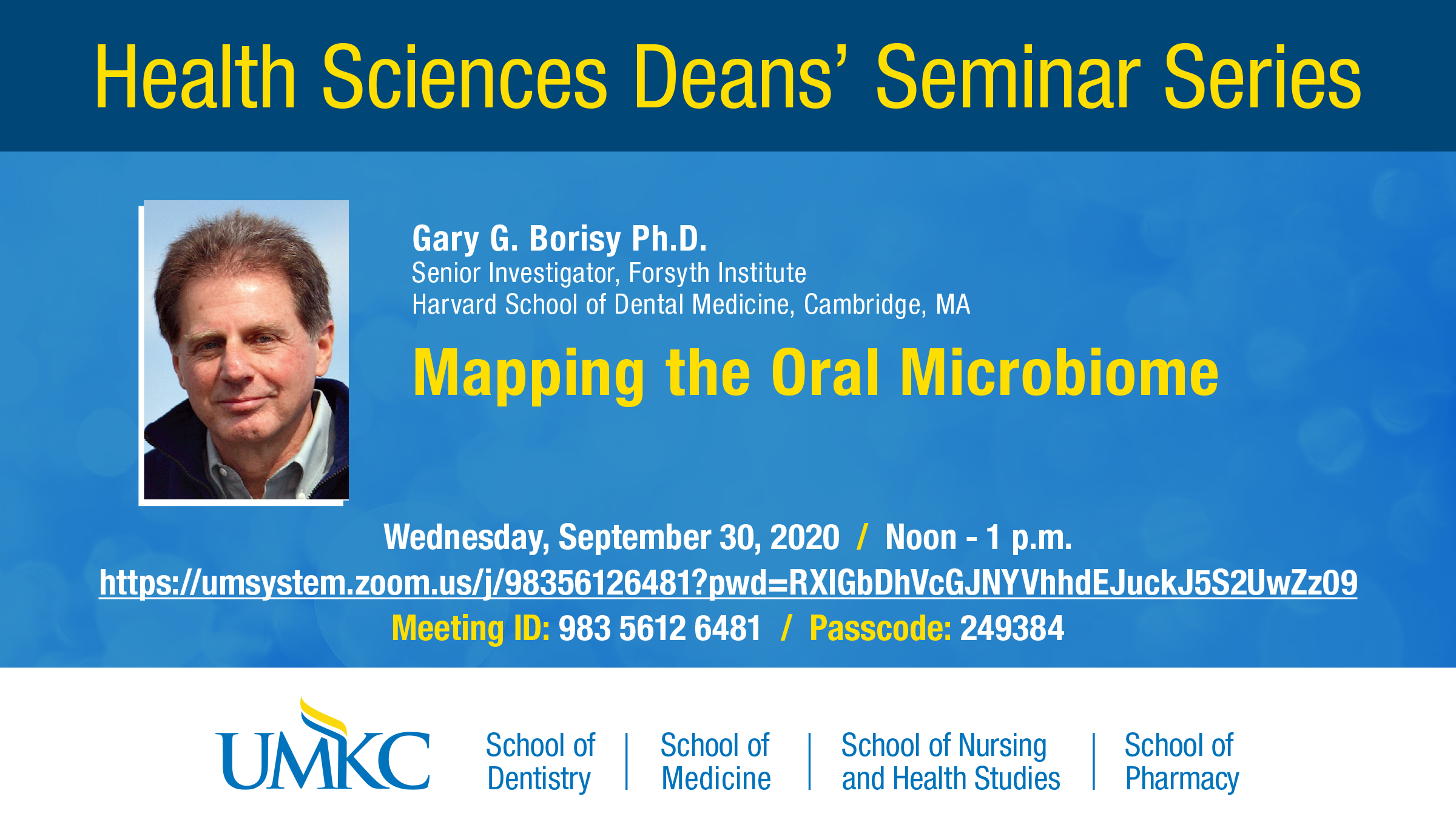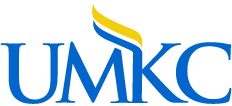
“Mapping the Oral Microbiome”
Gary G. Borisy PhD.
September 30th @ 12noon-1pm (CST)
Gary G. Borisy PhD, is a pioneering cell biologist who discovered the cellular protein tubulin — the polymerized building block of microtubules, and has made innumerable seminal contributions to our understanding of the structure, function and dynamics of the cellular cytoskeleton. However, as a Senior Investigator now at The Forsyth Institute (Harvard School of Dental Medicine), Dr Borisy presents to us his new and groundbreaking work on the spatial organization of the oral microbiome and what these varied relationships, in an ordered ecosystem, can reveal about the ways microbes interact with one another and how their interactions impact human health.
Dr. Borisy’s long and stellar career started when he received his Ph.D in Biophysics from the University of Chicago in 1966, under the supervision of Dr Edwin Taylor. It was during this time that he characterized tubulin and its role in cell division. After carrying out postdoctoral studies at the Medical Research Council in Cambridge, England under Dr Hugh Huxley, Dr Borisy joined the faculty at the University of Wisconsin-Madison in 1968, studying the cytoskeleton. Here he contributed crucial understanding of basic cell functions such as how cells divide, how they move and how they are structured internally. Over the years, the Borisy Lab has approached these problems through biochemical, biophysical and molecular cell biological approaches. Novel techniques were also developed for imaging fluorescent molecules in living cells and for correlating their distributions with electron micrographs of the same cells.
Rising to full professor in 1975 and the Perlman-Bascom Professor of Life Sciences to Chair of Molecular Biology from 1980, he then moved on to Northwestern University in 2000 as the Leslie B. Arey Professor of Cell and Molecular Biology, Distinguished Investigator in the Feinberg Cardiovascular Research Institute, where he also served as Associate Vice President for Research until 2006. He then took up residency as the 3rd President and the 13th Director of the Marine Biological Laboratory (MBL) in Woods Hole, MA., where he formed a new group focused on visualizing microbial communities through metagenomics and combinatorial spectral imaging. A collaborator with scientists at the Forsyth Institute during this time, Dr. Borisy, then joined the Department of Microbiology in 2013. Borisy’s group has developed a unique methodology to simultaneously image up to 28 bacterial species within a microbial biofilm, using the oral cavity as a model. This approach, termed ‘CLASI-FISH’, provides a systems-level analysis of microbial community organization through combinatorial labeling and spectral imaging. It allows scientists to visualize, for the first time, the ‘geography’ of biofilms—where specific bacteria are located and with what other species they are most commonly associated.
Dr Borisy looks at microbial communities as neighborhoods, asking who’s next to who and why it’s significant. Dr Borisy says, “Bacteria in nature live in complex, multi-species communities in which bacterial cells that are in close proximity can exchange metabolic products and signals. The structural relationships of these communities mean something, and until now we have never been able to visualize them”. Knowledge of microbial ‘neighbors’ may provide clues as to how bacteria interact with one another and how they interact with their human hosts in health and disease. In addition to his work in the mouth, Dr Borisy is looking at gut microbes. In mouse models, Dr Borisy is examining thin sections of small intestine, large intestine, and cecum, and the distribution of 15 bacterial taxa as a first step in understanding the functional roles of these bacteria in mammalian digestion, metabolism, and immune system function.
Dr Borisy has authored or co-authored 250 publications with more than 40,000 total citations and has served on numerous review panels for the National Institutes of Health, American Cancer Society, Howard Hughes Medical Institute, Novartis Foundation, as well as Scientific Advisory Boards, Editorial Boards, Professional Society Committees and as a member of the International Selection Committee for the Japan Prize in Biology.
In recognition of the major contributions Dr Borisy has made during his distinguished career, he has been the recipient of numerous professional honors and awards including an NIH MERIT Award, the Carl Zeiss Award from the German Society for Cell Biology, and the E.B. Wilson Award from the American Society of Cell Biology. Dr. Borisy is also a past President of the American Society for Cell Biology, a Fellow of the American Association for the Advancement of Science, an elected member of the American Academy of Arts and Sciences and an elected member of the U.S. National Academy of Sciences.
We are simply delighted that Dr Borisy has agreed to share his new research as part of the Health Sciences Dean’s Seminar Series on September 30th at 12 noon, with his presentation entitled “Mapping the Oral Microbiome”.
For a preview of upcoming seminars on our program see the 2020 Oral and Craniofacial Sciences Seminar Schedule.

